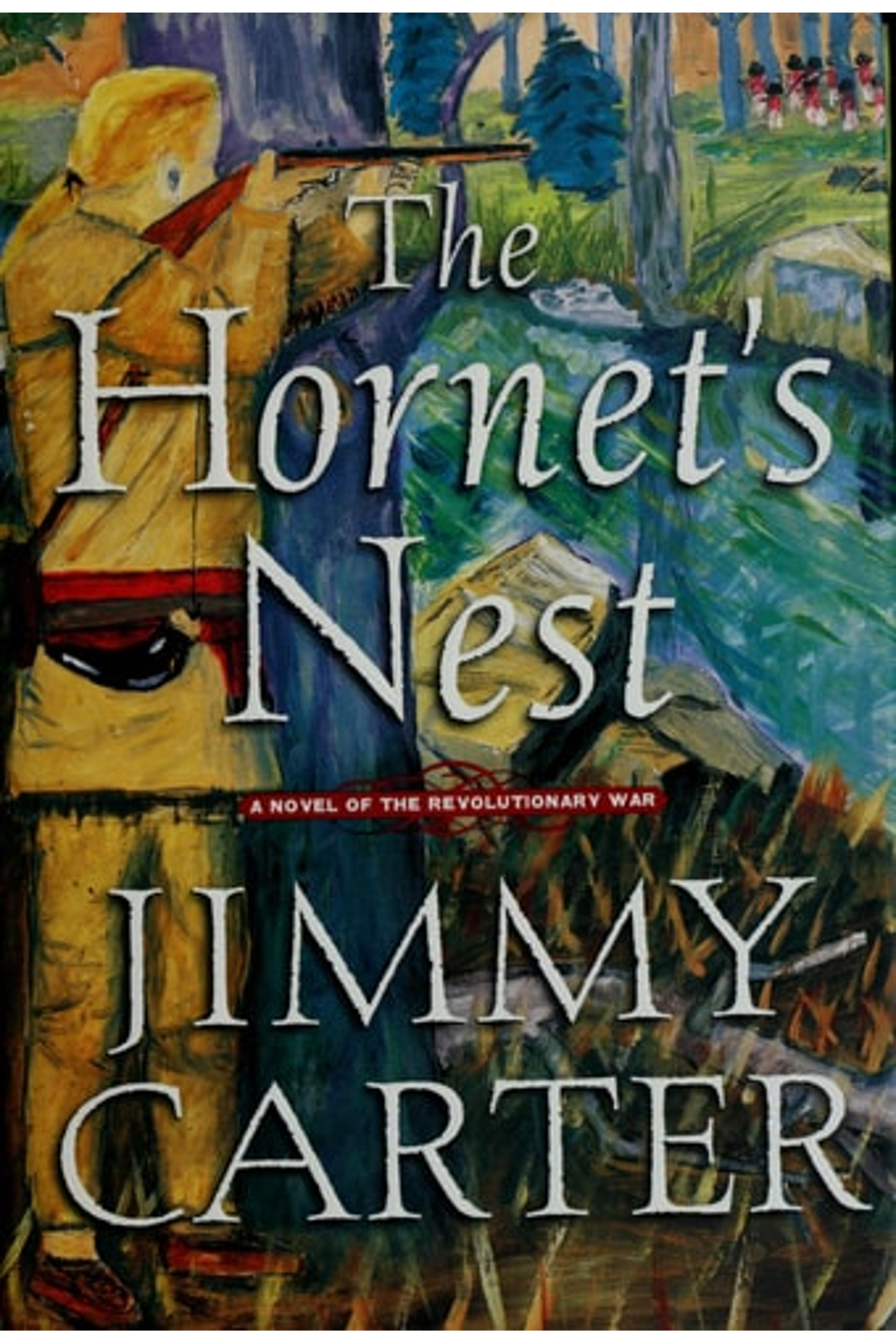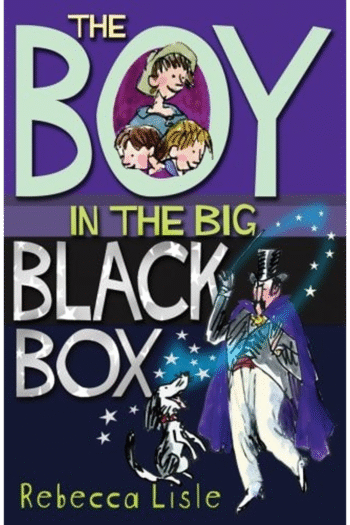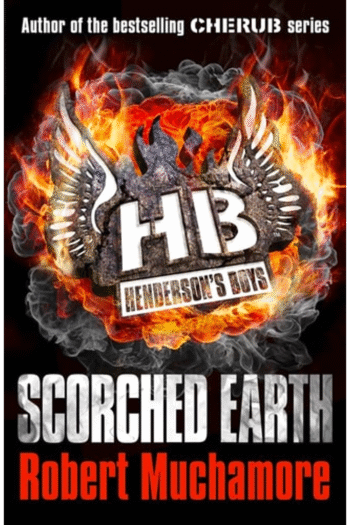Experience the American Revolution through the eyes of a Southerner in Jimmy Carter’s “The Hornet’s Nest: A Novel of the Revolutionary War.” Penned by the former President, this historical fiction dives into the lesser-known conflicts within the Deep South. Follow Ethan Pratt, a Quaker seeking peace in Georgia, as he navigates friendships with Native Americans and frontiersmen amidst the rising tensions of war. Published by Simon & Schuster in a reprint edition, the novel explores the brutal realities of neighbor turning against neighbor, and the complex alliances that defined the struggle for independence. Explore themes of love, betrayal, and survival in this 465-page saga, reminding us of the South’s vital role in shaping the nation. A compelling read for fans of historical fiction and those interested in a fresh perspective on the Revolutionary War.
The Hornet’s Nest: A Novel of the Revolutionary War
22,79 $
In stock
The first work of fiction by a President of the United Statesa sweeping novel of the American South and the War of Independence.
In his ambitious and deeply rewarding novel, Jimmy Carter brings to life the Revolutionary War as it was fought in the Deep South; it is a saga that will change the way we think about the conflict. He reminds us that much of the fight for independence took place in that region and that it was a struggle of both great and small battles and of terrible brutality, with neighbor turned against neighbor, the Indians support sought by both sides, and no quarter asked or given. The Hornets Nest follows a cast of characters and their loved ones on both sides of this violent conflictincluding some who are based on the authors ancestors.
At the heart of the story is Ethan Pratt, who in 1766 moves with his wife, Epsey, from Philadelphia to North Carolina and then to Georgia in 1771, in the company of Quakers. On their homesteads in Georgia, Ethan and his wife form a friendship with neighbors Kindred Morris and his wife, Mavis. Through Kindred and his young Indian friend Newota, Ethan learns about the frontier and the Native American tribes who are being continually pressed farther inland by settlers. As the eight-year war develops, Ethan and Kindred find themselves in life-and-death combat with opposing forces.
With its moving love story, vivid action, and the suspense of a war fought with increasing ferocity and stealth, The Hornets Nest is historical fiction at its best, in the tradition of such major classics as The Last of the Mohicans.
| Authors | |
|---|---|
| Binding | |
| Condition | |
| ISBN-10 | 0743255445 |
| ISBN-13 | 9780743255448 |
| Language | |
| Pages | 465 |
| Publisher | |
| Year published | |
| Weight | 689 |
| Edition | Reprint |
Related products
-
The Boy in the Big Black Box
13,15 $
- Additional information
- Currencies
- USD – United States dollar
- EUR – Euro
- GBP – Pound sterling
- CNY – Chinese yuan
- BRL – Brazilian real
- MXN – Mexican peso
- JPY – Japanese yen
- PHP – Philippine peso
- THB – Thai baht
- PLN – Polish złoty
- CAD – Canadian dollar
- MYR – Malaysian ringgit
- AUD – Australian dollar
- TWD – New Taiwan dollar
- CZK – Czech koruna
- SEK – Swedish krona
- HUF – Hungarian forint
- ILS – Israeli new shekel
- CHF – Swiss franc
- HKD – Hong Kong dollar
- DKK – Danish krone
- SGD – Singapore dollar
- NOK – Norwegian krone
- NZD – New Zealand dollar





